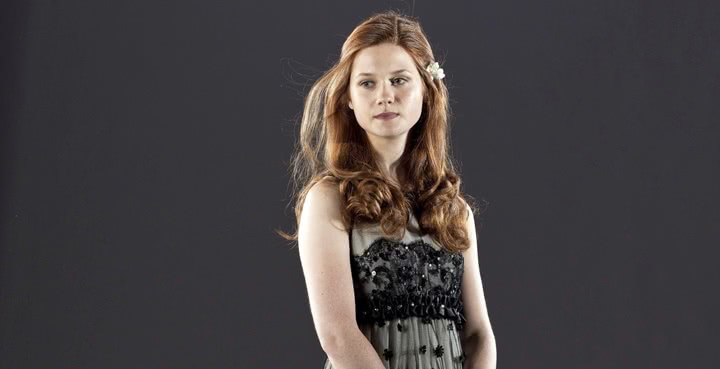Bonnie Wright is not, of course, Ginny Weasley, except in the sense that she also somehow is. Since the release of J.K. Rowling’s first Harry Potter novel in 1997, and the subsequent film series from 2001-2011, the Hogwarts universe has developed into a cultural touchstone that endures to this day. Its legacy is likely to further cement itself in the public’s imagination with the release of further features in the years ahead and annual conventions such as Sydney’s upcoming Supanova event, at which Wright will appear.
Such is the strength of these characters and narratives that to many people the world over, the creations have surpassed their creator, the George Stark of young adult fiction. Yet while most of us fondly recall the development of Rowling’s Potter characters, for a select few, the line between entertainment and identity is much less defined. After all, a decade is a long time to walk in another person’s shoes.
“I think what made it easy to connect and mould something,” Wright considers in her cheerful British accent, “was that at the time, both in the role and for myself, you’re going through a much more influential ten years than you are if you were, say, playing a role set in ages between 30 and 40. Playing a role that stretches from age nine to 19 is a hugely important part of a child and teenager’s life, so I think what made it so close to home for me was that all of the stages of growing up were happening at an identical time in the story.
“So the lines quickly crossed each other, and by the time we finished it took a while to really shed those layers and to see it as one experience rather than think of myself as still being a part of it. “I mean, to play this for ten years, it’s always going to be a part of me. [The characters] are always going to be a part of all of us, part of our memory. But I’ve found as each year passes, more understanding comes from those times.”
Wright’s development as a performer was unique for a variety of reasons. The sheer length of time it took to film all eight movies and her adolescent years notwithstanding, this was a story for which the cast had no idea of the ending. Unlike an ordinary screenplay or novel, the actors could not read ahead to learn the fate of their characters, and remained for a long time at the mercy of plots that had yet to be published.
“I think it was a very unusual way of storytelling, and therefore acting, in terms of knowing the content from the books that had already been released and knowing where the character was going to go,” says Wright. “While filming, of course, some of the books hadn’t come out, so there really was that waiting to find where your story went. It was a very bizarre way as a performer to understand where you’re going, and not to think about it too much. Other productions that I’ve done, I’m just given the script and I know exactly where it all ends. It’s definitely been a long learning process, upon finishing and seeing how the films were made in terms of storytelling, and even how different that storytelling can be from one writer or director to the next, or even across genres.
“But I think you’re always ready to let a character go if you feel you’ve done justice to it. After ten years of playing the same role, I think all of us were excited and ready for what came next, what new characters. Mostly in the sense that you’re just ready to perform something new, to start some other chapter.”
Bonnie Wright appears at Supanova Pop Culture Expo 2015 taking place at Sydney Showground, Olympic Park Friday June 19 – Sunday June 21.

































